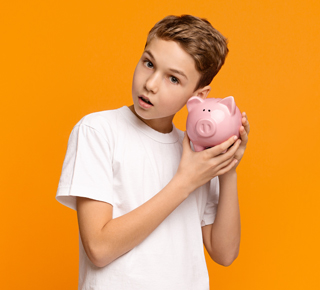Explore how economic education teaches children about money, jobs, and financial decision-making in everyday life.
Fascinating fact: Some countries, like Sweden, are close to becoming completely cashless. Most-Played Quizzes in This Section:Economic Education

About PSHE Economic Education
Economic education in PSHE introduces children to the world of money, work, and financial decision-making. It helps pupils develop the skills they need to understand how the economy affects them and how they can make responsible choices with money.
Through quizzes like Saving and Spending and Jobs, children learn about everyday financial responsibilities. Older pupils can explore Types of Employment and how Social Media influences career choices and opportunities.
By studying economic education, children gain valuable life skills in budgeting, saving, and understanding the value of work, preparing them for their financial futures.
See the official Government guidance: Personal, social, health and economic (PSHE) education.
Frequently Asked Questions
Why is economic education important in PSHE?
It helps children understand money, jobs, and choices that affect their financial wellbeing. These lessons encourage responsible attitudes towards spending and saving.
At what age do pupils learn about money in PSHE?
Children start learning basic money skills at primary level, such as saving and spending. As they grow older, they explore employment, budgeting, and economic influences.
How do quizzes support economic education?
Quizzes make money and work-related topics fun and accessible. They encourage children to test their knowledge and apply financial concepts to real-life scenarios.
Author: Terri Brown (Experienced Primary School Teacher)
















